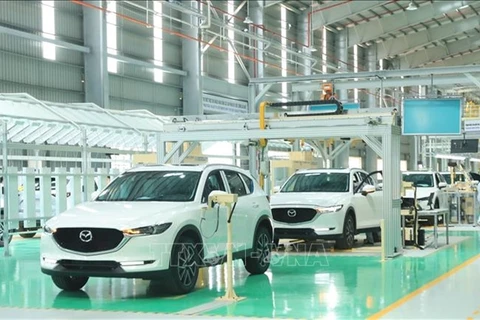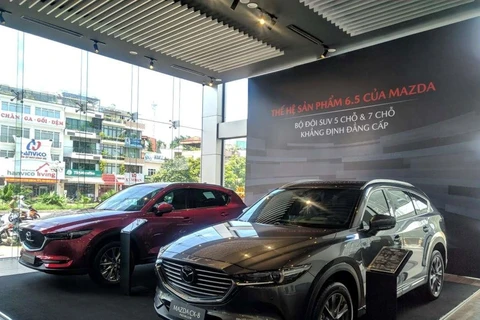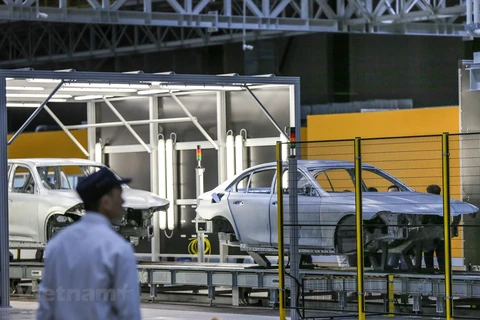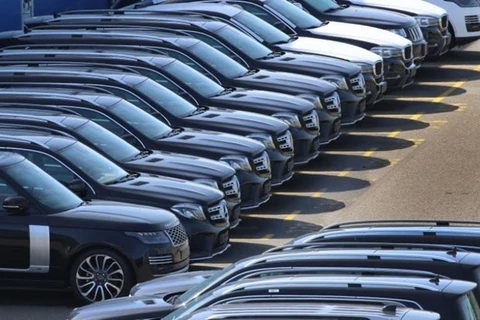Hanoi (VNS/VNA) - The Ministry of Finance has rejected the Vietnam Automobile Manufacturers’ Association (VAMA) proposal to continue reducing the registration fees for new domestically-produced cars by 50 percent.
The ministry said the proposal was inappropriate in the current context, asking VAMA’s members to follow the existing regulations about registration fees.
The reduction was one among VAMA’s proposals to the Government aimed at removing difficulties for the automobile market which was hit hard by the COVID-19 pandemic.
The reduction of 50 percent in the registration fee for domestically-produced cars was introduced in the Government’s Decree No 70/2020/NĐ-CP which took effect from June 28 to the end of 2020.
VAMA said that before the introduction of this policy, many car manufacturers such as Honda, Ford, Toyota, Mercedes-Benz and TC Motor must temporarily halted operation due to high inventories because the COVID-19 pandemic affected their sales.
VAMA’s statistics showed that the number of cars manufactured and sold in the first half of 2020 fell by nearly 40 percent against 2019.
However, the reduction of the registration fee coupled with other Government’s support helped many manufacturers overcome the difficulty and maintain their production and business. The number of cars produced from July to December increased by 32 percent against the same period of 2019 to reach 111,551 units while sold increased by 13 percent to 189.451 units, the association’s statistics showed.
The Ministry of Finance estimated that the reduction of the registration fee by 50 percent in the second half of 2020 caused a loss of around 3.7 trillion VND (159.5 million USD) to the State budget.
The ministry previously said that it would not consider prolonging the policy of reducing registration fee for domestically-produced cars.
The ministry said that it would update the production of domestic car manufactures as well as assessing the impacts of the COVID-19 pandemic to introduce policies to promote the development of the domestic automobile industry./.
VNA
























